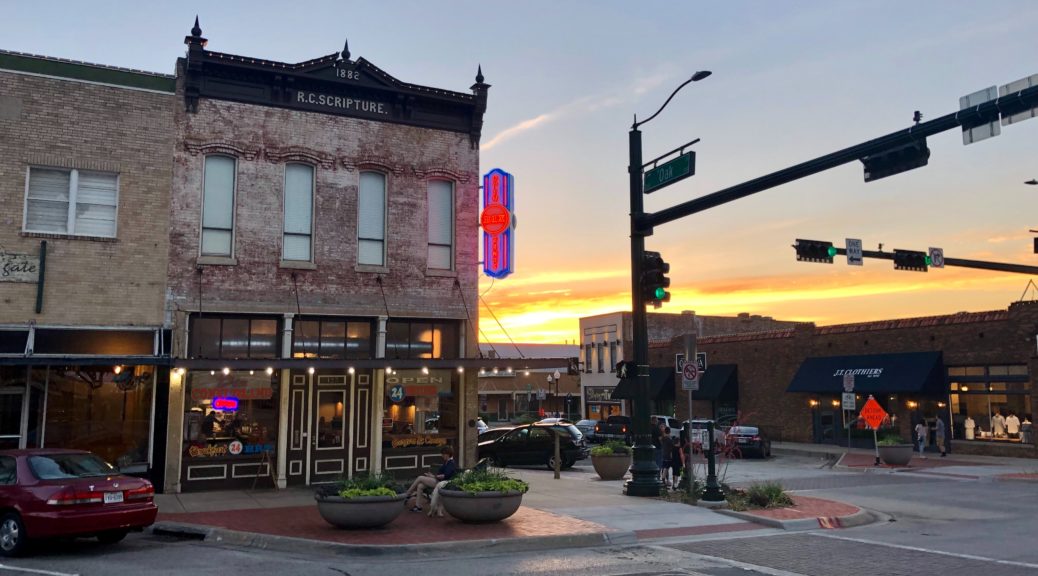By Diya Dwarakanath
With the USC Career Fair coming up this week, I know many students will be trying to find internships or full-time jobs for the upcoming semester. This can be daunting for all students but international students have the added burden of finding companies who will accept student visas. Sometimes, it might seem like being an international student only has disadvantages. However, it all depends on your point of view and how well you can sell yourself to an industry recruiter. Try using your international student status as a positive! If you think about it, the fact that you’re here and adjusting to a brand new way of life is telling of your strength in adaptation.
For instance, every time I visit India (every two years or so), it takes me a couple of days to once again become comfortable amidst the order in the chaos that defines Mumbai. But once I do, it all sinks in at a rapid pace. I begin to remember the Indian languages I hear around me. I combat the humidity and sandy roads with cotton clothes and sturdy sandals. I find myself speaking Kannada, a South Indian language, with my grandmother and then quicking turning around and conversing with my cousin in Hindi as we ride an autorickshaw (a three-wheeled taxi) around town. We might enter a beauty salon, where I speak fragmented Marathi (the state language) with the owner, knowing I will get better service. Later that night, I call my dad (who is back in the states) and we talk about my day in English. Finally, In the Mumbai airport, as I’m waiting to fly home, I overhear and understand fragments of a French couple’s conversation.
Then, once I return home to Oregon, I am grateful for hot water that flows out of the sink just by turning on the faucet. I appreciate the high pressure of the water and the fresh, natural air I breathe. I don’t have to turn on a water boiler and wait for it to heat up the water when I want to shower anymore. I also don’t have to wear a scarf to cover my mouth and nose to avoid breathing smog-filled air every time I step outside. But of course, within a couple days, I forget about the physical comforts of being home and take it all for granted. Once again, I’ve re-adapted to the lifestyle in the United States.
All this is something I do naturally so I’ve never thought about it until I had to write about my international experiences for a scholarship opportunity. That’s when I realized that every international student has had this similar experience and that every one of them can use this experience to their advantage.
The ability to quickly understand and successfully adapt to a new environment is CRITICAL in the job market. A successful new hire or intern will be observant, paying attention to how people do things in their departments so they know what the process is. In addition, they must learn the lingo (or the terms used specific to that company or department) of their new job quickly so that they can integrate into the team. This means listening to others, reading resources available through the company website, and asking their mentors or peers. If they have to work with international clients or colleagues, they must be aware of different work cultures and the time difference. You can’t call your client when it is in the middle of the night for her or him!
Guess what? An international student does all of these things naturally! When they move to the U.S., they learn American colloquialisms by listening and being observant. They plan their Skype sessions with family and friends back home, just like you might plan a web conference with colleagues at work. An international student is already well-equipped to be a successful intern or new hire. Now, it’s up to you to help an industry recruiter understand just how valuable you truly are.
Read up about the Career Fair here: https://careers.usc.edu/students/info/careerfair
Featured image from DynamicPickaxe
Diya is a second-year graduate student doing her Master’s in Biomedical Engineering. She also did her undergraduate degree from USC so she knows her way around campus, including some of the best study spots! Diya is from Oregon originally, but was born in India and moved to the U.S. when she was young so she knows what it is like to be in a new country. After graduating, she worked for two years at a medical device start-up and at a large technology company. In her free time, you’ll find Diya writing, dancing (she’s a trained Indian classical dancer but loves any style), going shopping, or watching TV/movies.




